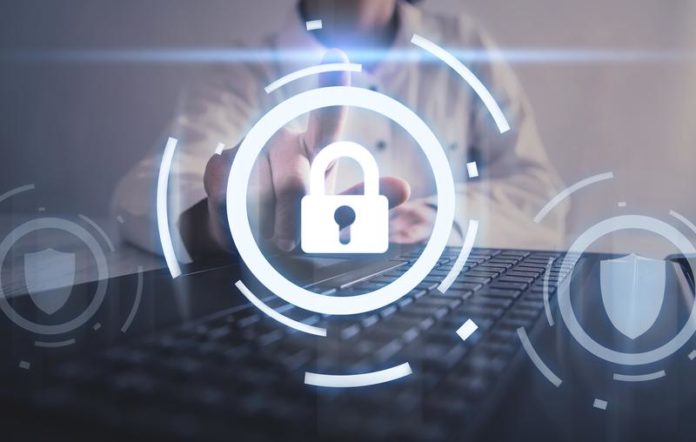Using the internet has transformed the way the world works and the way individuals communicate with one another and earn a living. With the expansion of the internet, mobile technology, and shopping solutions, using the internet has become commonplace among all age ranges and demographics. However, as the internet continues to expand, the risk of becoming vulnerable to hacking or identity theft has also grown. Knowing how to protect your identity online is essential to minimize risk and to prevent the spread and sharing of your personal information to strangers.
Strong and Up-to-Date Security Software
One thing that can be very helpful when protecting your identity online is making sure that your security software is up to date. Always use updated security software programs on your computers and any device you use to browse the internet, log in to websites, and make purchases. As the internet is rapidly shifting and changing daily with new vulnerabilities, bugs, and issues, an updated security program is a must at all times.
Monitor Your Credit
Monitoring your credit should be a part of your regular routine. Your credit score can immediately alert you of potential identity theft or other forms of theft with your name and social security number. Use a credit monitoring service to keep track of your credit score whenever you believe there may be an issue. You should periodically check your credit report for accounts you don’t recognize and potential issues that were not caused by you, as these may be signs that your identity has been stolen or even compromised by an identity thief or hacker.
Research Websites, Companies, and Brands
The internet has made it easier than ever to order just about anything from around the world within seconds with the use of high-speed internet and mobile smartphones. With an abundance of online stores and retailers, it is important to verify that the website, company, or brand you are shopping with is verified and reputable. Only use secured websites with SSL certificates when making a purchase and completing the checkout process. Research customer reviews and testimonials on websites you are unfamiliar with before handing over your personal data and financial information.
The more familiar you are with navigating the internet while protecting your identity and personal information, the less likely you are to encounter an online hacker or identity thief on a trusted website. With a bit of research and an understanding of signs to look for, you can more easily prevent hackers from targeting you as their next online victim.
Here’s another article you might like: How to Know if a Website Is Secure



















